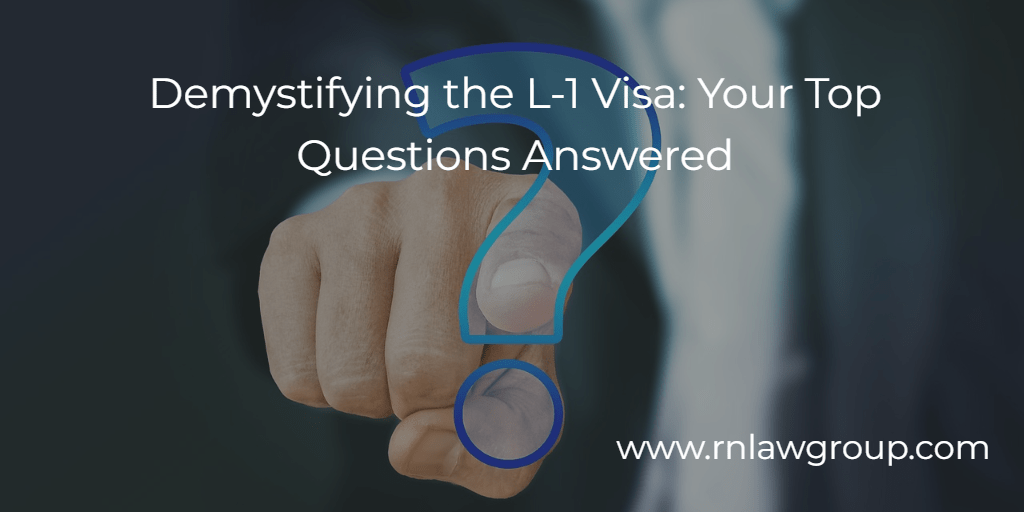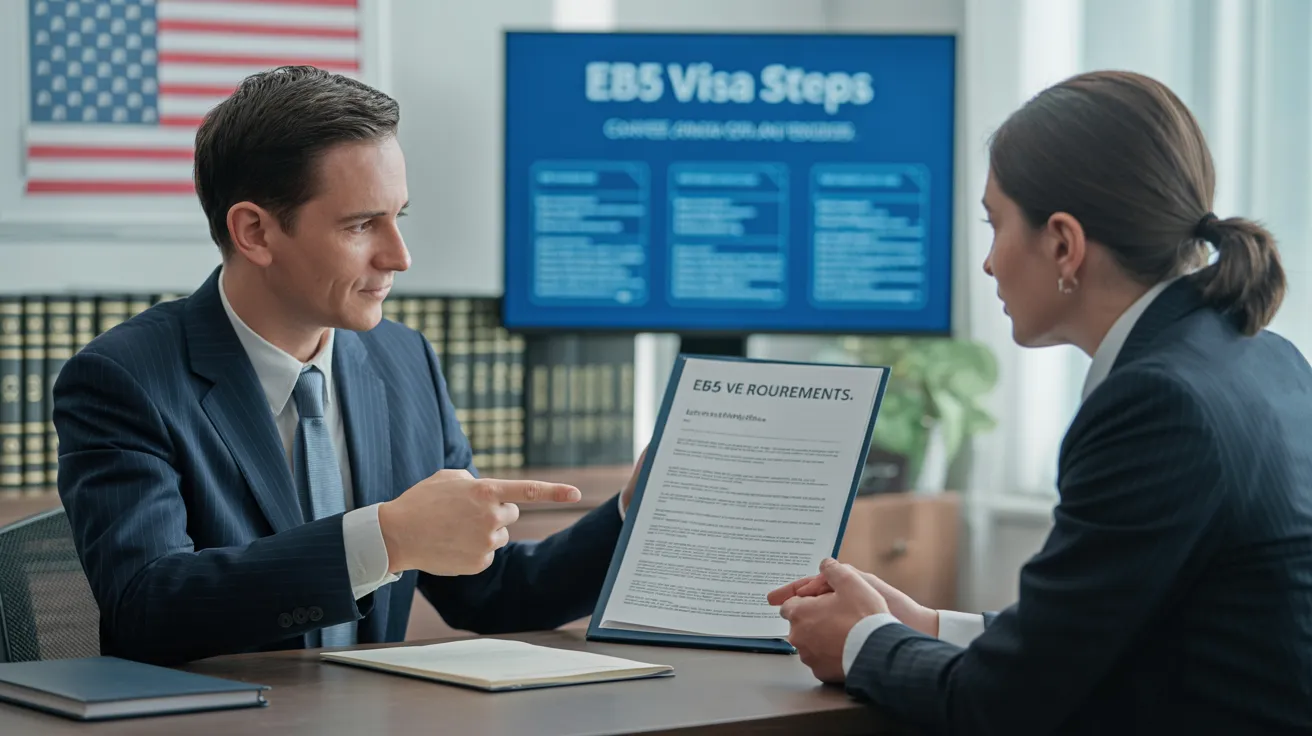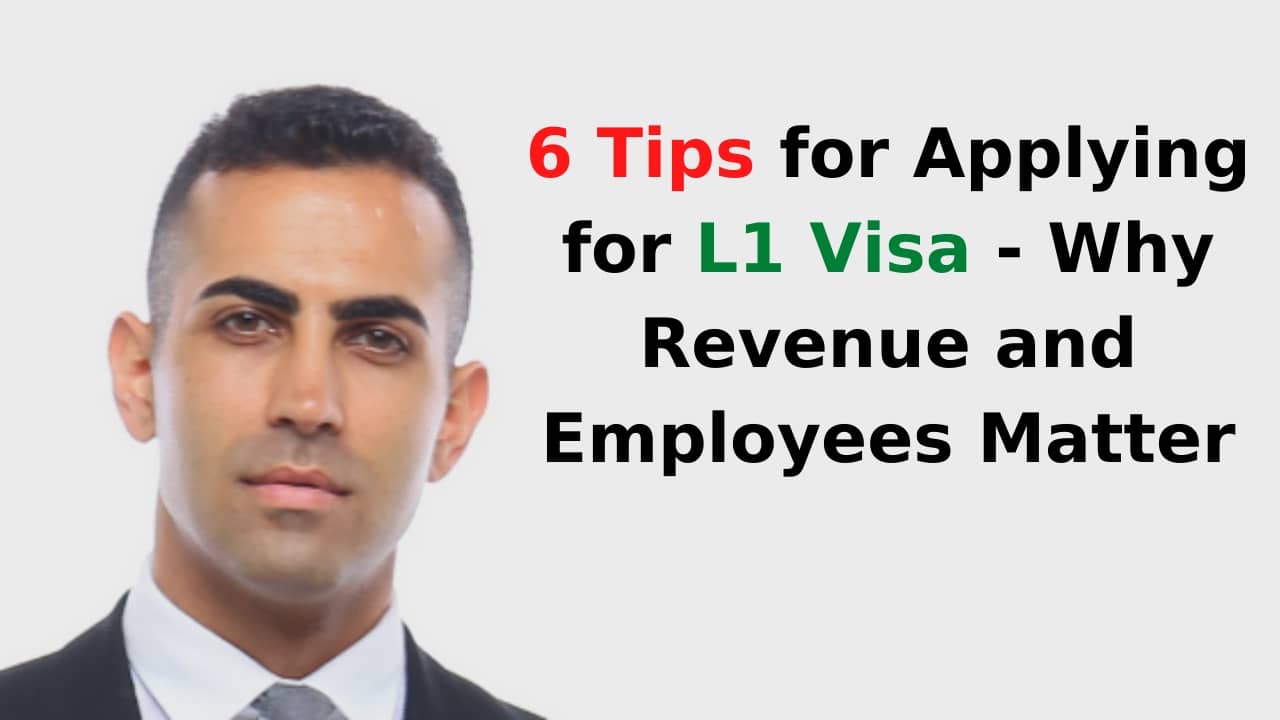Everything about L1 Visa
Table of ContentsHow L1 Visa can Save You Time, Stress, and Money.L1 Visa Fundamentals ExplainedSome Known Details About L1 Visa More About L1 VisaExcitement About L1 VisaL1 Visa Fundamentals Explained
Available from ProQuest Dissertations & Theses International; Social Science Costs Collection. DHS Office of the Examiner General. Fetched 2023-03-26.

United State Department of State. Recovered 22 August 2016. "Workers paid $1.21 an hour to install Fremont technology business's computers". The Mercury News. 2014-10-22. Recovered 2023-02-08. Costa, Daniel (November 11, 2014). "Little-known short-term visas for foreign tech employees depress wages". The Hill. Tamen, Joan Fleischer (August 10, 2013). "Visa Owners Replace Employees".
L1 Visa Fundamentals Explained
In order to be qualified for the L-1 visa, the international business abroad where the Beneficiary was used and the U.S. business have to have a qualifying connection at the time of the transfer. The various types of certifying relationships are: 1.
Firm A has 100% of the shares of Business B.Company A is the Parent and Business B is a subsidiary. There is a certifying relationship between the two business and Business B should be able to sponsor the Beneficiary.
Instance 2: Firm A is incorporated in the united state and wishes to petition the Recipient. Business B is integrated in Indonesia and uses the Beneficiary. Firm A possesses 40% of Business B. The remaining 60% is had and regulated by Business C, which has no relation to Firm A.Since Business A and B do not have a parent-subsidiary partnership, Business A can not sponsor the Beneficiary for L-1.
Instance 3: Company A is included in the U.S. and desires to seek the Recipient. Company B is included in Indonesia and utilizes the Recipient. Business An owns 40% of Firm B. The staying 60% is owned by Firm C, which has no relationship to Business A. However, Firm A, by official agreement, controls and complete handles Business B.Since Firm A has much less than 50% of Company B however manages and controls the business, there is a qualifying parent-subsidiary partnership and Firm A can sponsor the Beneficiary for L-1.
The L1 Visa Ideas
Associate: An affiliate is 1 of 2 subsidiaries thar are both had and managed by the same parent or individual, or possessed and regulated by the same group of individuals, in basically the very same ratios. a. Example 1: Business A is included in Ghana and uses the Recipient. Company B is integrated in the U.S.
Firm C, likewise included in Ghana, has 100% of Business A and 100% of Firm B.Therefore, Business A and Firm B are "associates" or sister firms and a certifying partnership exists in between both business. Company B ought to have the ability to sponsor the Beneficiary. b. Instance 2: Company A is integrated in the united state
Firm A is 60% possessed by Mrs. Smith, 20% possessed by Mr. Doe, and 20% had by Ms. Brown. Company B is incorporated in Colombia and presently employs the Recipient. Company B is 65% had by Mrs. Smith, 15% possessed by Mr. Doe, and 20% had by Ms. Brown. Firm A and Business B are associates and have a qualifying connection in 2 different means: Mrs.
The L-1 visa is an employment-based visa category developed by Congress in 1970, enabling international business to move their managers, execs, or essential workers to their united state operations. It is frequently described as the intracompany transferee visa. There are two primary kinds of L-1 visas: L-1A and L-1B. These kinds are suitable for workers employed in different settings within a firm.

Additionally, the recipient has to have L1 Visa requirements operated in a supervisory, executive, or specialized staff member position for one year within the 3 years preceding the L-1A application in the international company. For new workplace applications, foreign work should have been in a managerial or executive capability if the recipient is concerning the United States to work as a manager or executive.
Indicators on L1 Visa You Need To Know

If approved for an U.S. company operational for even more than one find out more year, the first L-1B visa is for approximately 3 years and can be extended for an extra 2 years (L1 Visa). Alternatively, if the U.S. company is freshly established or has been functional for less than one year, the initial L-1B visa is released for one year, with expansions readily available in two-year increments
The L-1 visa is an employment-based visa group developed by Congress in 1970, enabling multinational companies to transfer their supervisors, executives, or key workers to their united state operations. It is generally described as the intracompany transferee visa. There are 2 main kinds of L-1 visas: L-1A and L-1B. These types are suitable for employees hired in various settings within a firm.
Some Known Details About L1 Visa
Furthermore, the recipient must have operated in a supervisory, exec, or specialized staff member placement for one year within the 3 years coming before the L-1A application in the international company. For new workplace applications, international employment must have been in a managerial or executive capacity if the beneficiary is concerning the United States to function as a supervisor or exec.
for as much as 7 years to manage the procedures of the U.S. affiliate as an exec or manager. If released for an U.S. firm that has actually been operational for even more than one year, the L-1A visa is initially approved for approximately 3 years and can be extended in two-year increments.
If approved for a united state company functional for greater than one year, the initial L-1B visa is for approximately 3 years and can be expanded for an added 2 years. Conversely, if the united state company is recently developed or has actually been functional for less than one year, the preliminary L-1B visa is issued L1 Visa requirements for one year, with extensions offered in two-year increments.
Comments on “Get L1 Visa”